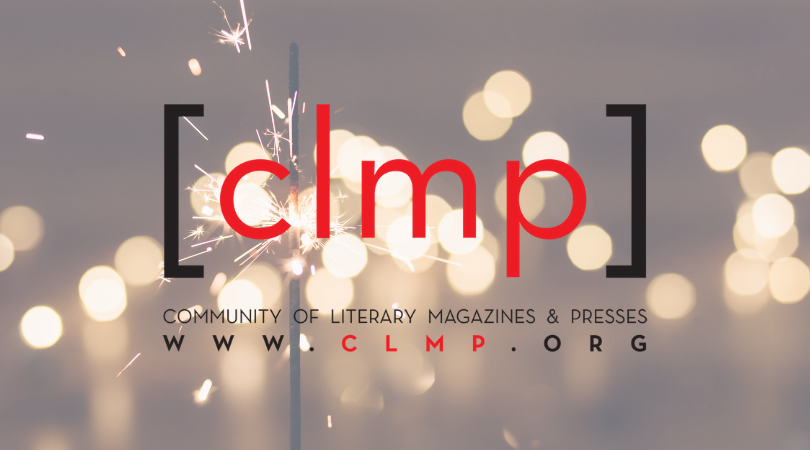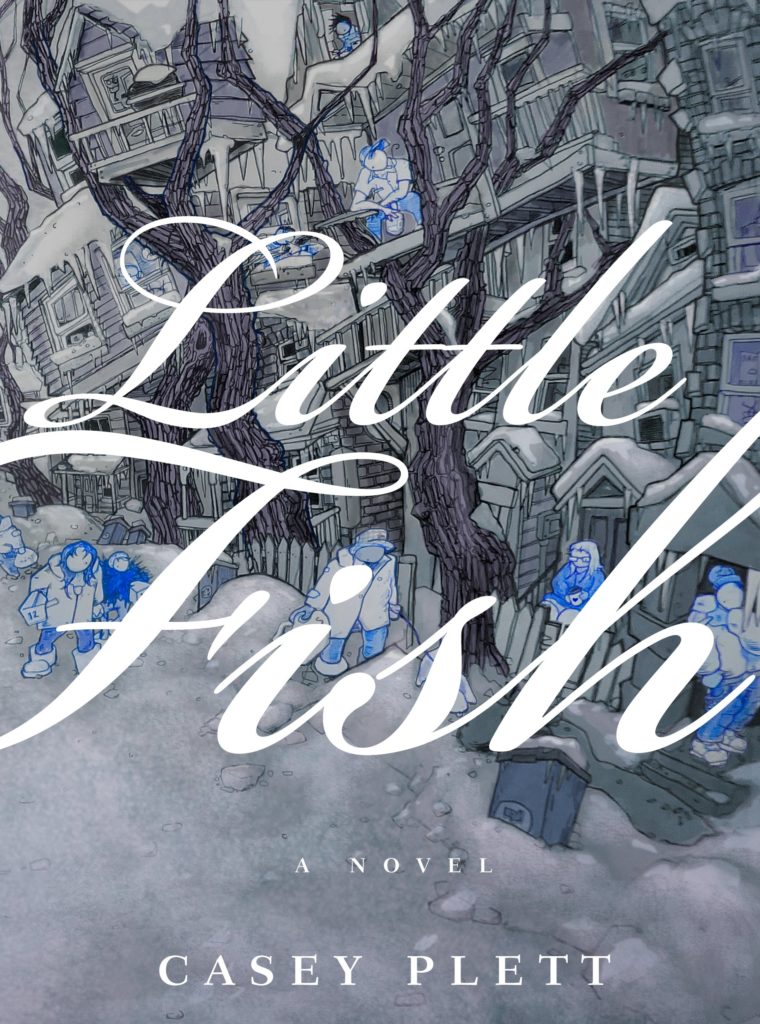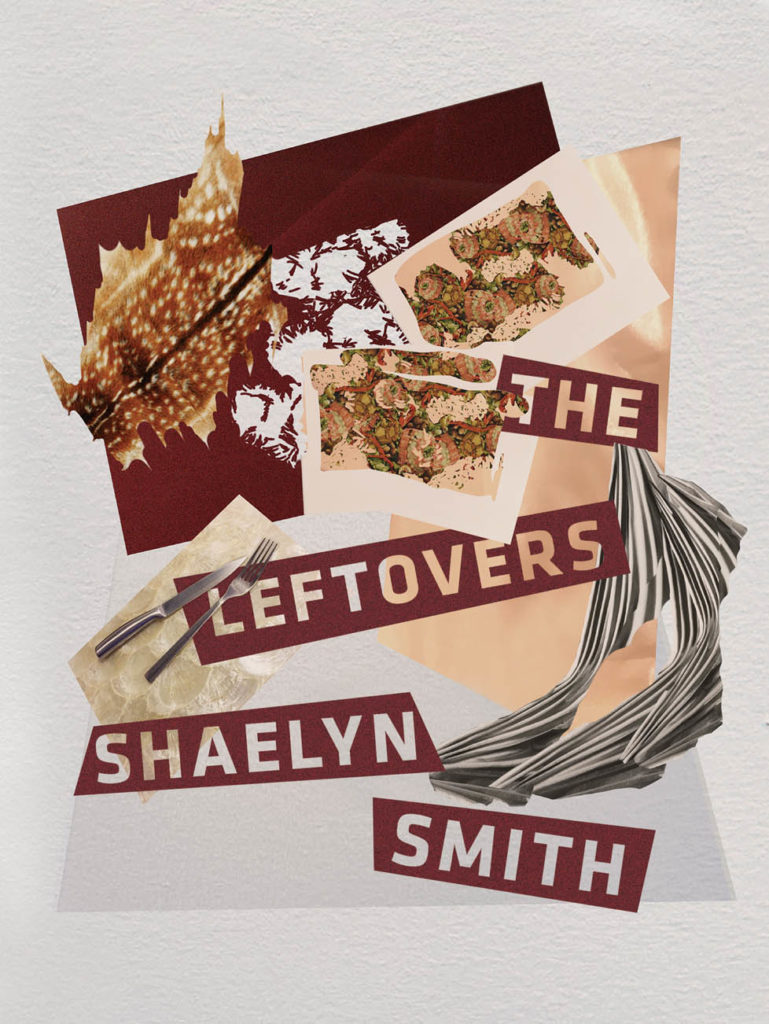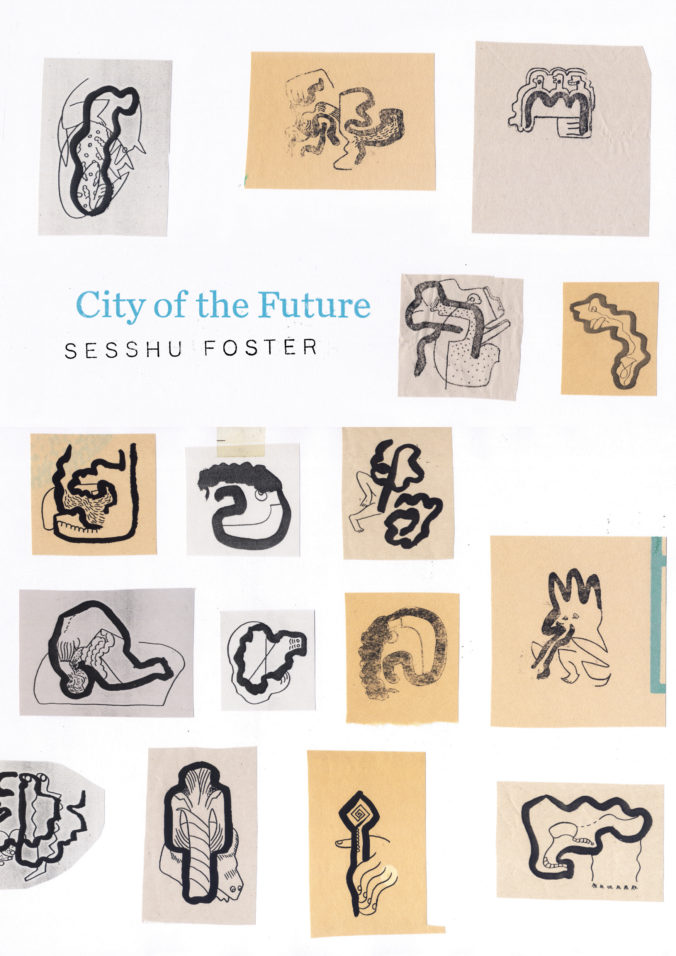
At a ceremony held last night at New York City’s Poets House, the Community of Literary Magazines and Presses (CLMP), an essential nonprofit dedicated to supporting independent literary publishers, announced the winners of the fifth annual Firecracker Awards.
In addition to the three book winners, CLMP also honored Tender Buttons with the Lord Nose Award, in recognition of their contribution to small press publishing and the vital work they do to herald experimental writing by women.
Below you’ll find the winners, as well as an illuminating review of each title.
Fiction

Little Fish, Casey Plett
(Arsenal Pulp Press)
“Little Fish is ultimately not about the past but about the present – and looking forward to trans futures. A friend recently told me that one of the things she appreciates about Plett’s work is how she so clearly writes for trans women. But the novel also deserves a wide audience … Plett’s fiction actively resists presenting trans women’s lives as either tragic or inspirational.”
–Jade Colbert (The Globe and Mail)
Creative Nonfiction

The Leftovers, Shaelyn Smith
(Cleveland State University Poetry Center)
“Too often, art criticism probes and analyzes aesthetics while employing unbearably dull language to quarrel about the art. Shaelyn Smith’s The Leftovers—which examines and criticizes Judy Chicago’s 1974 installation The Dinner Party—defies those bummer tendencies towards inaccessibility and scholarly stuffiness … The Leftovers uses the same poetic touch to detail the rest of Chicago’s process and many early critical reactions to the piece, but the text also resists a linear approach to this narrative. Instead of assembling a tidy list of points about feminist art, Smith constructs The Leftovers as though she is piling literal leftovers on a plate … Smith’s ability to stitch disparate forms and subjects into a cohesive table setting is one of the most impressive aspects of The Leftovers.”
–Diana Valenzuela (New Orleans Review)
Poetry

City of the Future, Sesshu Foster
(Kaya Press)
“It would be easy to call the collection epic because of its size, scope, and ambition. However, City of the Future is an epic because of its mission to celebrate and mourn the movement of one era into the next … City of the Future leaves many bodies in its wake. Poems are filled with lost lovers and friends … City of the Future would be a strong collection even if the collection only focused on what the city does to the most vulnerable bodies: female bodies, minority bodies, immigrant bodies, transient bodies. However, Foster’s city is a wonder and horror because of the indifference it shows to all bodies … The city is a human creation, and City of the Future is an expansive portrait of a creation that can’t be endured or bargained with, a creation that has grown far beyond its master’s control.”
–Jason McCall, Entropy

